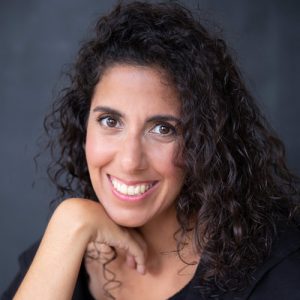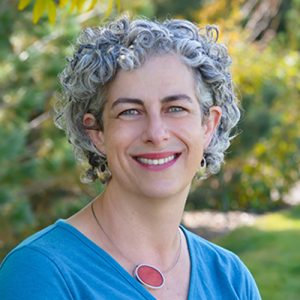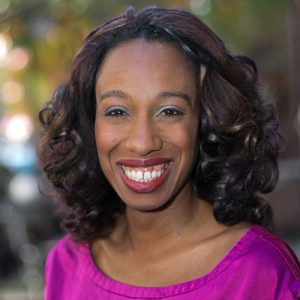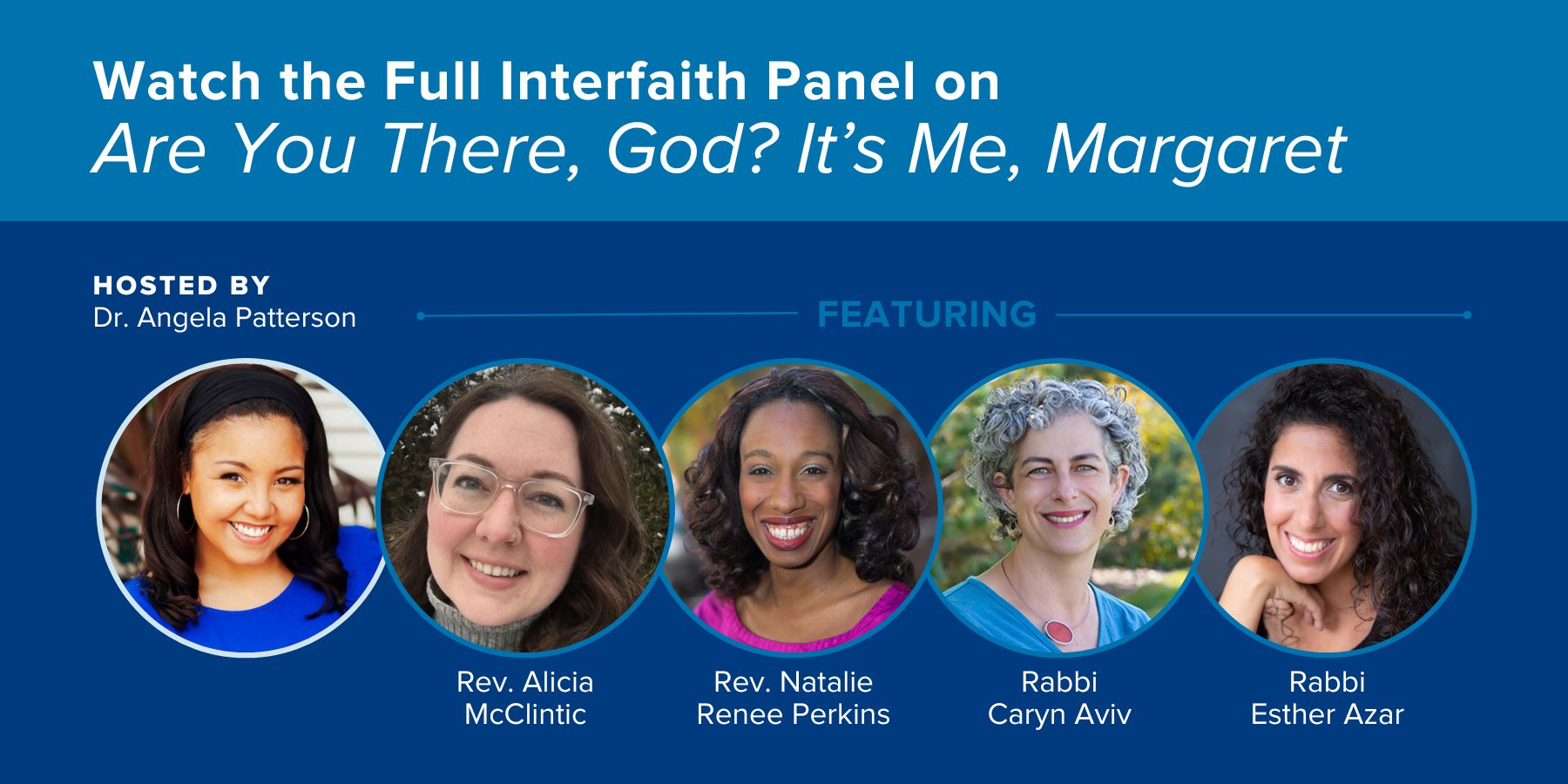
Interfaith panel shares insights based on new movie
Our newest interfaith panel is 46 minutes of pure wisdom.
Four dynamic women faith leaders gathered to discuss the spiritual and religious themes found in the new film adaptation of Judy Blume’s Are You There God? It’s Me, Margaret. This book was originally published in 1970 and has given a voice to generations of young people’s experiences of growing up.
The expert voices on this panel thoughtfully explained how the movie’s themes speak to the heart of what young people experience in their faith/spiritual journey and what the guidance of trusted adults should ideally look like.
Here’s a few excerpts of brilliance from each of our panelists as they reflected on the movie and their own experience:
Rev. Alicia McClintic: I think literature, especially literature that stood the test of time is, really important for young folks to engage with…It has the capacity to touch a deep cord of our human experience. And there’s this sense that the more specifically we tell a story, the more universal it can become, right? None of us had exactly the same experience as Margaret did here in this book. However, it all touched us in a kind of unique way. Or it reminded us of some of the experiences we had in common and some of the experiences that were different. And that is a really important way to reflect on our experience. John Dewey of educational fame, founder of the Dewey Decimal system, says that we don’t learn by experience, we learn by reflecting on experience. And so engaging literature…creates all of these opportunities to reflect on our own experience, the experiences of others and to stitch them together in a way that helps us make sense of the world and of our place in it.
Rabbi Esther Azar: I think that when we become parents, we think that we’re going to come in and give our children something that we’ve already planned in our heads. Either we love the way our parents parented, so we’re going to do exactly that. Or we hated the way our parents parented, so we’re going to do the complete opposite. And (then I had children and) I realized, oh, it’s not going to work for me to bring in what did or didn’t work for me as a child. Parents are really struggling with their own stuff as they show up and parent. A lot of my experience (with other parents) is very similar to Margaret’s mom. I meet parents that have done the same exact thing and then their kids are going ‘but we have no tradition. And where do we go and what is this thing called Jewish? And what is this thing called God? And what is this thing called religion and where do I fit in and, and how do I navigate the spaces in between?’
Rabbi Caryn Aviv: It’s actually the responsibility of parents to support a child in a (religious or spiritual) community and in a framework and with vocabulary and ritual and culture and story. We’re talking about a book and story and magic and smells and bells and sounds and music and all the tactile kinesthetic learning experiences that we can give our kids in a spiritual context. It’s about offering that and then allowing them when age appropriate, when they’re starting to question and emerge into adolescence, to figure out ‘what does this that I’ve inherited mean to me?’ And then to turn around (at least in Judaism with a bar/bat/be mitzvah experience, a coming of age ritual) and gather that community and (allow the young person) to say, here’s what I’ve learned about myself in relationship to my people and my heritage and my culture and community, and here’s what this means to me. And for parents, at least in a Jewish context, to say, here, take care of (figuring out your spirituality yourself), I think honestly is an abdication of responsibility and a huge missed opportunity to give a gift to kids.
Rev. Natalie Renee Perkins: I would say to parents who have kids around Margaret’s age – if there is a way in which you would can encourage conversation, encourage them to ask questions, (provide) a safe place for them to say the things that they might otherwise be too nervous or shy or scared to ask somewhere else so that they can at least have some, some foundation that they can build from. And like any other conversation, give them as much of the information as you possibly can that will make sense for where they are developmentally and mentally…think about how do they understand information at this age? And then, so what does that mean about how I have this conversation? I’m a big proponent of bringing the information in a glass in which people will drink from. So (ask) what does the glass need to look like in order for the information to be received and for young people who are asking these sorts of spiritual questions amidst different faith journeys (to understand).
For additional resources on ways to support young people’s flourishing, especially in home environments, check out Springtide’s free resource: Nurturing Mental Health for Gen Z: A Handbook for Parents.








